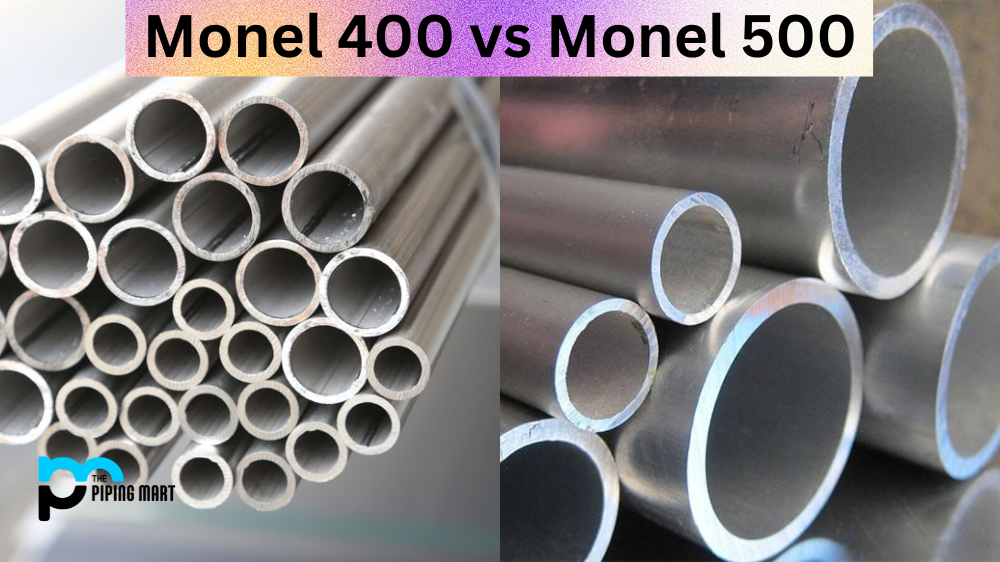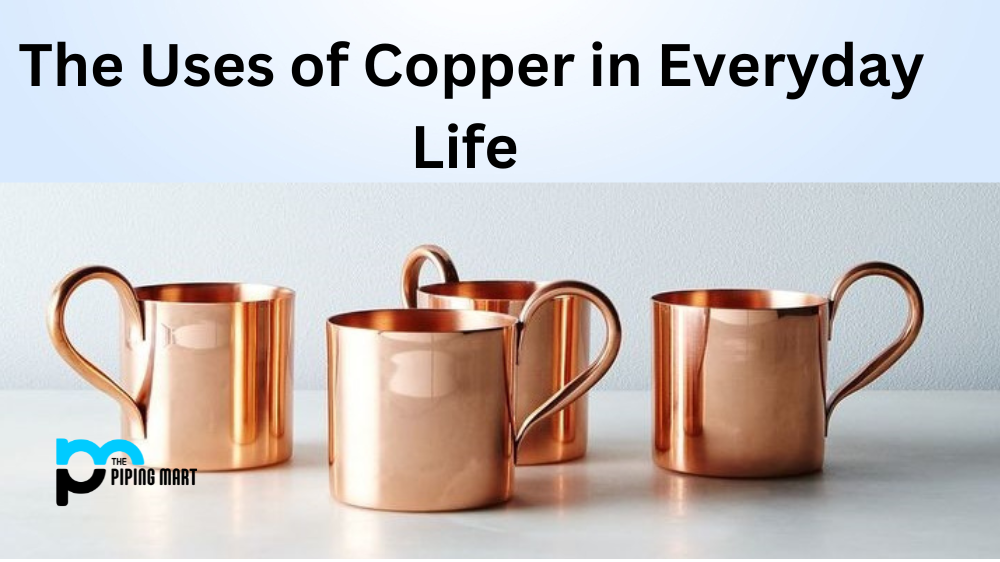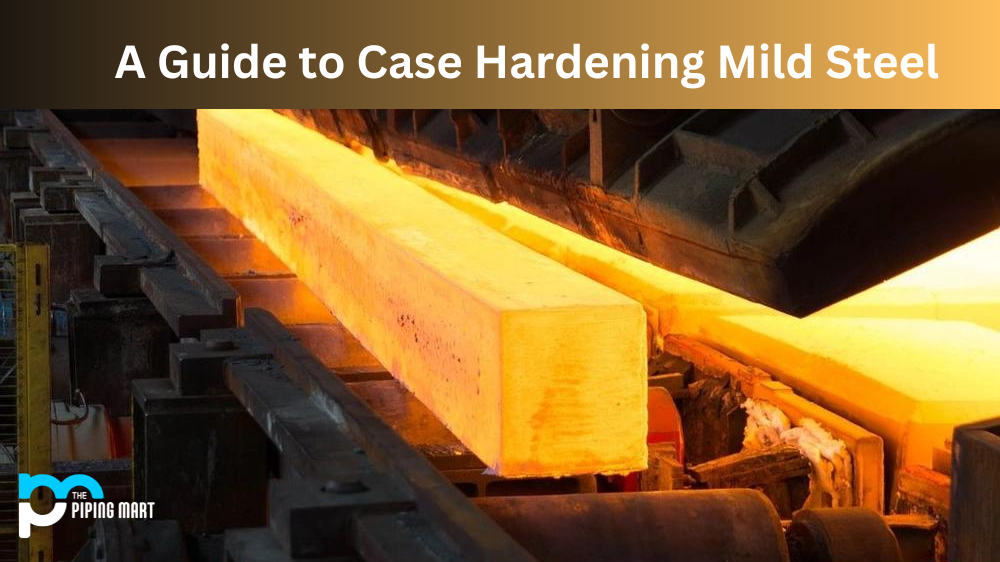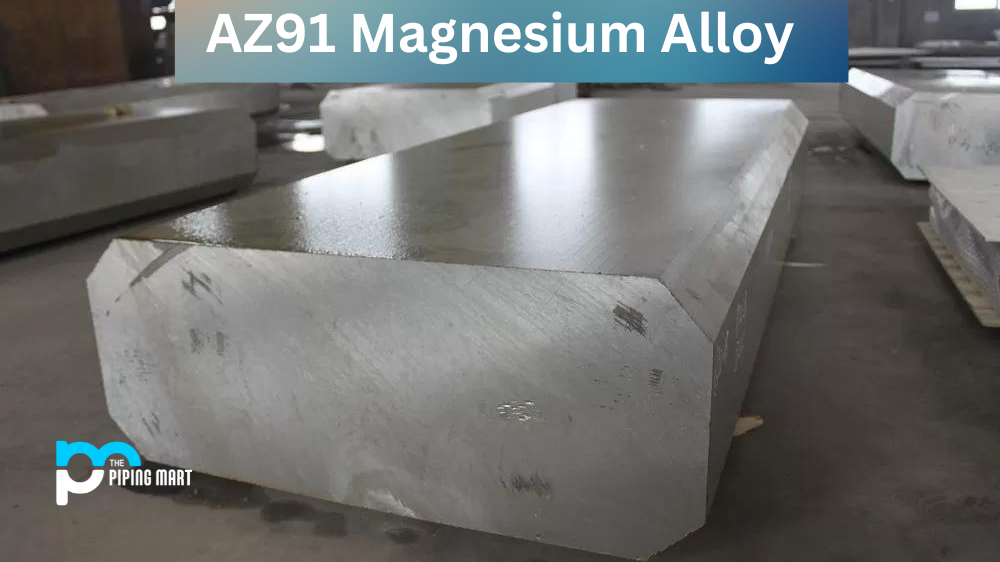When selecting the right alloy for your application, you want to choose one that meets your performance requirements and offers durability, strength, and resistance to corrosion. Two alloys that have proven to be popular among manufacturers and engineers are Monel 400 and Monel 500. Both copper-nickel alloy materials offer exceptional corrosion resistance, great strength, and high-temperature performance. This blog post will analyze the differences between Monel 400 and Monel 500.
What is Monel 400?
Monel 400 is an alloy of nickel and copper with small amounts of iron, manganese, carbon, and silicon. It is known for its high strength and corrosion resistance.
What is Monel 500?
Monel 500 is an alloy of nickel and copper with small amounts of iron, manganese, carbon, and silicon. It is known for its high strength and corrosion resistance.
Difference between Monel 400 and Monel 500
The main difference between Monel 400 and Monel 500 is that Monel 400 contains lower levels of carbon than Monel 500. This makes Monel 400 less susceptible to corrosion in high-temperature environments. Monel 400 has a higher melting point than Monel 500, making it better suited for applications that require weldability.
Composition
Monel 400 is a nickel-copper alloy with 67% minimum nickel content. It also contains copper, iron, manganese, and smaller amounts of other elements. Monel 500, on the other hand, contains up to 30% aluminium and a minimum of 63% nickel, along with iron and other trace elements. Adding aluminium makes the Monel 500 harder, stronger, and more durable than Monel 400.
Strength
Monel 500 has a higher tensile and yield strength than Monel 400. Adding aluminium to Monel 500 enhances its strength and hardness, making it perfect for high-stress and high-temperature applications. Monel 500 can withstand extreme temperatures, making it ideal for marine and aerospace industries.
Corrosion resistance
Both Monel 400 and 500 exhibit excellent corrosion resistance properties. However, Monel 400 performs better in non-oxidizing conditions such as hydrofluoric and sulfuric acids. Monel 500, on the other hand, is more corrosion-resistant in seawater, which is why it is used extensively in marine applications like marine exhaust systems, valves, pumps, and high-pressure equipment.
Machinability and welding
Monel 400 is relatively easy to machine, and its weldability is excellent. On the other hand, Monel 500 is harder and less easy to machine, although it can still be machined with the right tools, techniques, and parameters. The weldability of Monel 500 depends on the specific heat treatment process used.
Cost
The cost of the Monel 500 is generally higher than Monel 400, mainly due to its higher aluminium content and better strength properties. Monel 500 is an investment for applications that require high durability and strength, while Monel 400 is more cost-effective and offers suitable performance for less demanding applications.
Which one is better?
There is no definitive answer as to which one is better. It depends on the specific application. For example, if you need a material that can withstand high temperatures without corroding, then Monel 400 would be the better choice. However, if you need a material that can be welded easily, then Monel 500 would be the better choice.
What are some common applications for each?
Some common applications for Monel 400 include chemical processing equipment, valves, pumps, and fasteners. Some common applications for Monel 500 include heat exchangers, marine hardware, and electrical components.
Conclusion:
Selecting between Monel 400 and Monel 500 requires understanding your application’s requirements and each alloy’s performance characteristics. While both alloys offer excellent corrosion resistance, high strength, and durability, Monel 500 is better suited for high-temperature and high-stress applications like marine exhaust systems, aerospace, and nuclear industries. Monel 400, on the other hand, is ideal for less demanding environments and more cost-sensitive applications. Take your time to evaluate your needs and connect with Monel suppliers to help you choose the best alloy for your application.
Sakshee is a talented blogger, with a particular focus on the Business and Metal Industry. She is passionate about sharing her insights on various metal products and helping professionals to make a better decisions.




